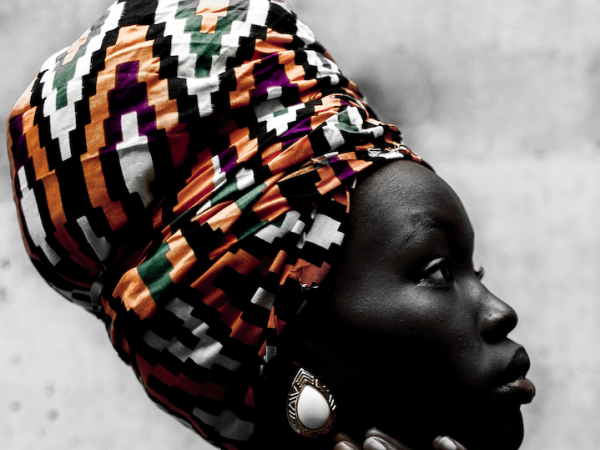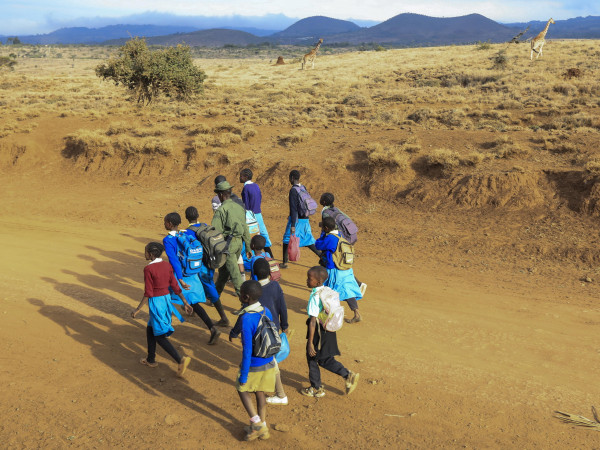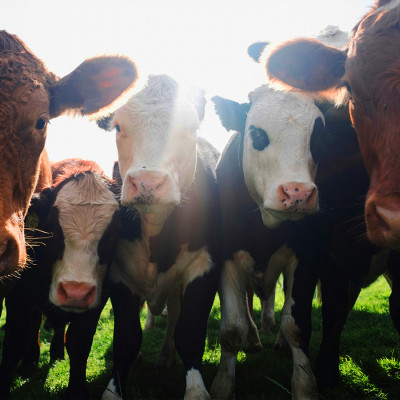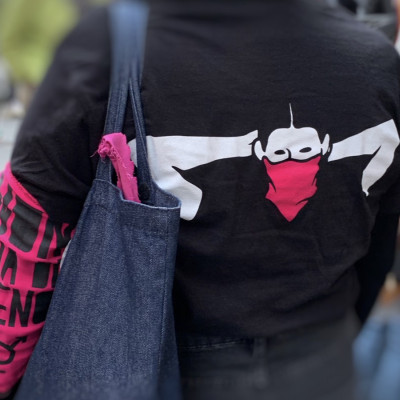Africa: the effect of foreign direct investment on human rights

Africa, as a top recipient of Foreign Direct Investment (FDI), is one of the fastest-growing regions with promises of high-potential value chains and long-term sustainability.
Economic expert, Landry Signé, predicts it will have a marketplace of 1.7 billion people by 2030 and $6.7 trillion worth of spending.
The continent has great potential to become a frontier for global trade. FDI in Africa contributes to employment creation and economic development on one hand. On the other, one must consider whether these investment activities come without a trade-off.
Human rights violations by foreigners in Africa have increasingly become a topic of concern as developed countries begin to notice the region’s potential.
Investment professional, Ndudi Osakwe, points out that China will remain the dominant investor on the Continent. Yet, Chinese foreign companies and subsidiaries have been accused of labour rights violations in Zambia and Zimbabwe. For instance, the Business & Human Rights Resource Centre indicates that 181 Chinese-funded operations in Africa recorded human rights violations as of August 2021.
In a report dated 3 November 2011, an underground miner told Human Rights Watch that the Chinese-run mines in Zambia only consider production and not safety.
The miners worked for 12 hours a day, for five days a week, with no break and little compensation. A recent research study holds that China’s non-interference policy encourages the “see no evil” approach, which is bound to undermine human rights in Africa where the Chinese Government has appeared to neither heed to violations anywhere nor criticize authorities for committing them.
More prominent human rights violations in the extractive industry arise in West Africa where FDI has been present since the mid-2000s.
Accusations against foreign corporations include the disregard for the right to a clean and healthy environment.
For example, foreign companies caused persistent oil spills near Ogoniland. These events poisoned the land, water and air of nearby communities preventing them from fishing as a means of livelihood.
The evidence further indicates that these companies overlook labour rights when relying on local workers, thus discouraging local welfare.
In 2021, the African Commission indicated that workers are often not informed of health hazards. For example, workers fell ill after working in radioactive ore operated by a French group.
According to the UNHCR, even when State assessments and cases of human rights breaches are recognized as serious problems, the follow-up of situations where clear violations of human rights have been demonstrated receives surprisingly little attention.
It is essentially the responsibility of States - under whose jurisdiction foreign companies operate - to keep an effective check on human rights-affecting conduct by these businesses.
Upcoming FDI investment opportunities in Africa will be in renewable energy, sustainable tourism and circular economy. While there is a definite focus on companies’ human rights infractions at the State level, international legislation will be required if violations reach a globally intolerable level.
Collaboration with developed nations could greatly bolster global sustainable development. The African Continental Free Trade Area and the Sustainable Investment Protocol could further boost FDI flows in the long term.
Yet, we must greatly consider one question — can global development truly be achieved without respect for human rights?










